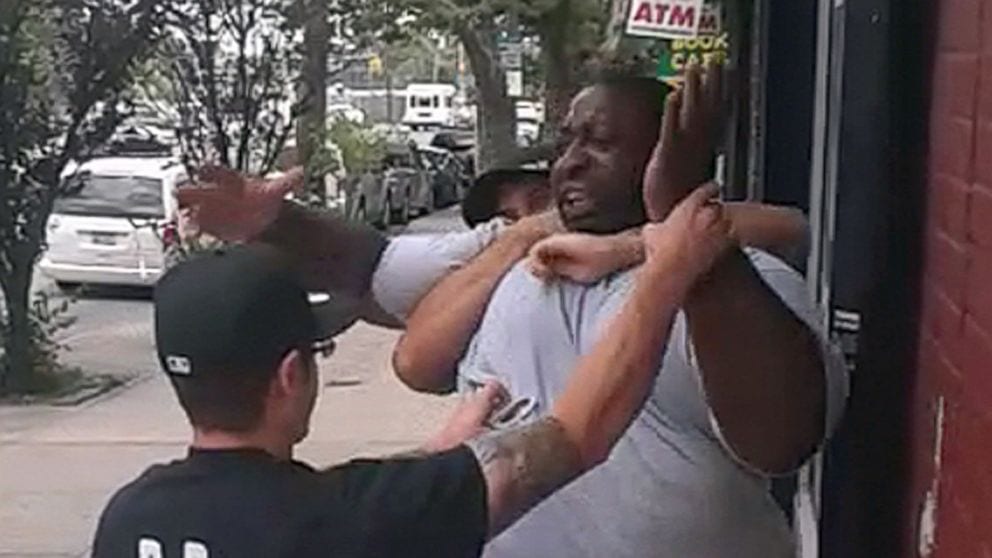
In two recent major cases the prosecutors were unable to get grand jury indictments: the police shooting of Michael Brown in Ferguson, Mo. and the police chokehold death of Eric Garner in Staten Island. That scenario in these two cases was different from a Hollywood trial where an eager, young prosecutor confronts an experienced, confident defense attorney and the film is absorbed with the juristic battle between them.
The defendant has no right to legal representation in a grand jury. The presentation of evidence is solely in the hands of the prosecutor. There is no defense attorney to question witnesses and challenge the relevancy of evidence.
The purpose of the grand jury is to second guess the police and assess the relevance of the evidence to the alleged violation of the criminal law. This is a safeguard against politically motivated or inappropriate prosecutions.
With the absence of any legal support for the accused, it is rare that a grand jury fails to indict. It is expected that an indictment from the grand jury is assured. In fact, a severe insult of a litigator is to suggest that he would be unable to get a grand jury indictment in a slam dunk case.
One has to wonder, given the almost assured success of grand jury presentations, whether the prosecutors were absolutely committed to an indictment.
In a similar situation, the prosecutor lost in the trial or George Zimmerman for the shooting death of Trayvon Martin in June 2013. Martin was shot while still holding a package of Skittles. That is hardly a posture that calls for self-defense.
Even conservatives wonder about the grand jury decision in the Garner case. It sometimes seems as though there is an official policy to be more tolerant when black males are the victims.






